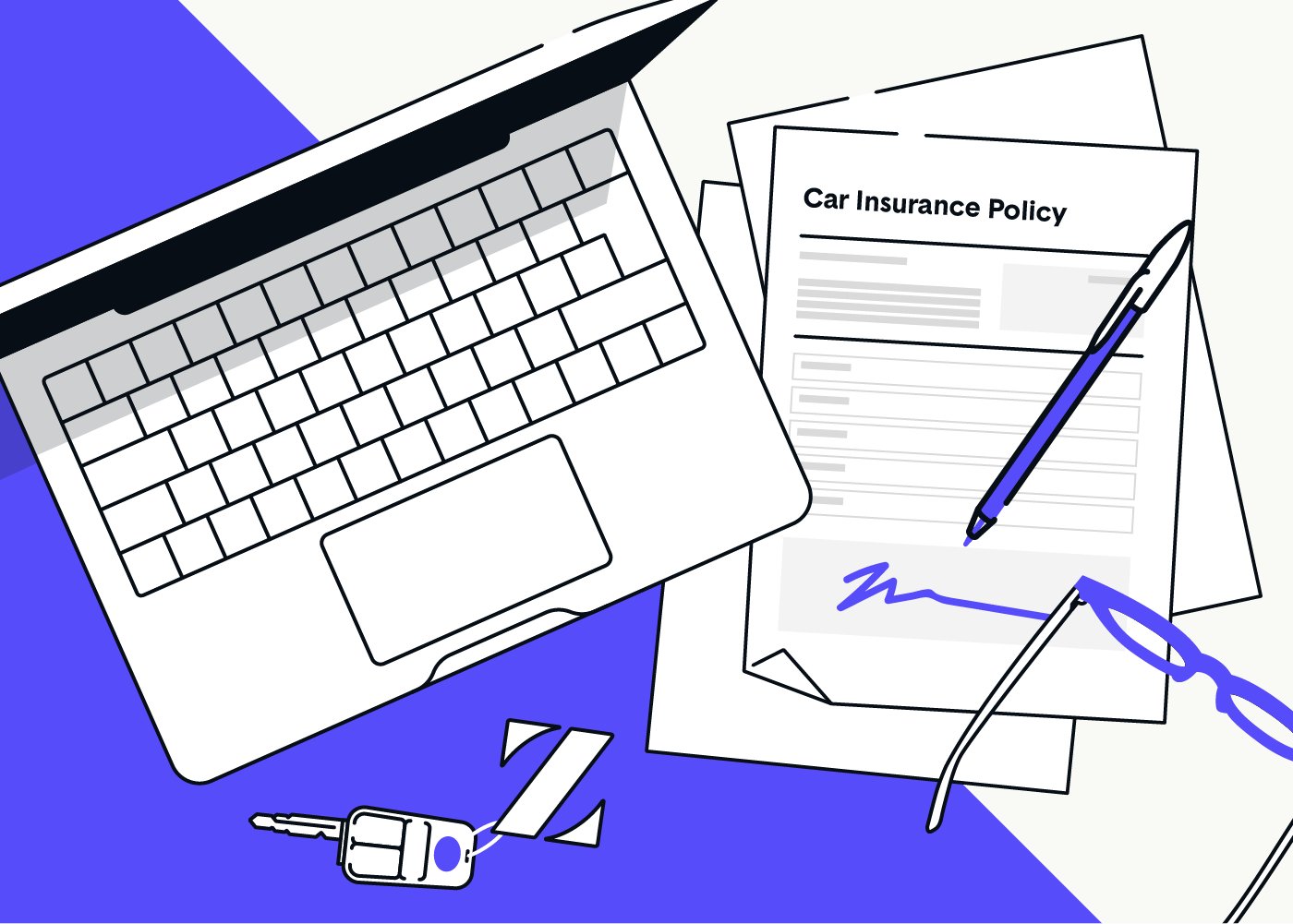Switching auto insurance companies in 4 easy steps
1. Compare insurance policies
Many insurance companies know their customers don't want to go through the trouble of shopping for a new auto insurance policy. This is why, on average, most companies raise their rates 4-6% every year because their data shows that the threshold isn't high enough to warrant an immediate switch from their customers. Furthermore, if you've had an accident, added a driver or a car, you should expect your rates to be even higher.
Your first step in getting the best auto insurance coverage should be to see what other companies are offering.
2. Match your insurance coverage
As you start requesting car insurance quotes from other companies, it’s important to start thinking about what your current insurance policy covers and the coverage you’ll need going forward. Do you need collision, comprehensive, and uninsured/underinsured coverage? What’s your deductible? If you’ve just moved to a new state, what is the minimum level of insurance required by your state?
This information can be found on your declarations page of your current policy. You should always keep a copy of this page — also called a “dec page” — on-hand at home. More specifically, you should have your current dec page directly in front of you when requesting auto insurance quotes. If you do not have one at home, request a hard copy via your current insurer or try to access your account online.
FYI, you need'll comprehensive and collision coverage if:
- Your vehicle has a loan or is leased
- Is worth more than $4,000
- You want to eventually resell the vehicle for a profit
3. Double-check your discounts
Make sure your current car insurance discounts and perks will carry over to your new insurer. Telematic and bundling discounts are typically the ones that will not automatically transfer — as a discount for having a clean driving record might.
Some insurance agents advise to you call your old company before switching — which you're encouraged to do for a few reasons.
First, ask if there are any cancelation fees, especially if you are in the middle of your policy term. Next, ask for a policy review. A policy review is basically a check-up on your current plan. You can speak with a company representative who can scan the policy for any discounts you have. Also, make sure that you aren’t being charged for tickets or accidents that should have by now fallen off your record.
If you're calling to "price match" with your new provider however, you're out of luck. Because of the way insurance is regulated, car insurance companies do not negotiate — even if you've been a loyal customer for years. In the end, your current company might already be giving you every possible discount on your insurance premium. Still, it never hurts to ask.
4. If everything looks good, buy your new policy
You'll want to sign your new policy before cancelling the old one so that you avoid any lapse in your coverage. Car insurance companies look closely for lapses in coverage, and you could be penalized for even the smallest of gaps. Another important consideration: driving without car insurance in the US is illegal in almost every circumstance.
Pros and cons of switching



